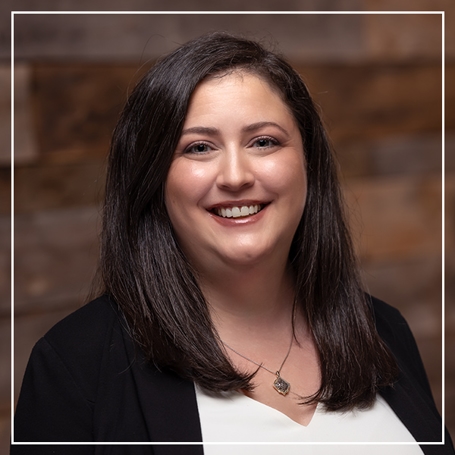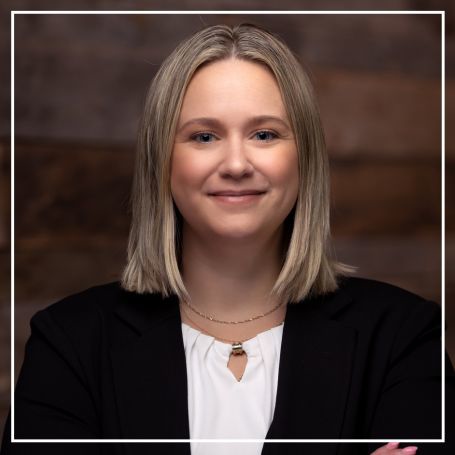
Charlotte Property Division Lawyer
Protecting Your Financial Interests in the Greater Charlotte Area
One of the most contentious issues in a divorce is property division. This is especially true if the couple has a high net worth or a complex set of assets. At Collins Family Law Group, our Charlotte property division attorney has extensive experience handling complex property division matters. We understand what is at stake in these cases and work tirelessly to protect your financial interests.
Contact us today at (704) 289-3250 to speak with a member of our team. We offer initial consultations.
North Carolina Equitable Distribution Laws
North Carolina is an equitable distribution state. This means that, in a divorce, a court will divide the couple’s marital property and debts in a manner that the court deems to be “equitable.” It is important to note that equitable does not necessarily mean equal. In other words, the court will not automatically divide the couple’s marital estate in half.
What is Considered Marital Property?
Marital property is any property that was acquired during the marriage. This includes all assets and debts, regardless of how they were acquired. It also includes assets that were acquired in one spouse’s name only.
Examples of marital property include:
- The marital home and other real estate
- Bank accounts and cash
- Stocks and bonds
- Investment accounts
- Retirement accounts, including 401(k)s, IRAs, and pensions
- Businesses and professional practices
- Cars, boats, and other vehicles
- Artwork, antiques, and other collectibles
- Household furnishings
- Credit card debt and other debt
What is Separate Property?
Separate property is any property that was acquired before the marriage. It also includes property that was acquired by one spouse after the couple separates. Separate property is not subject to equitable distribution and will remain with the spouse who owns it.
Examples of separate property include:
- Assets and debts acquired by one spouse before the couple gets married
- Assets and debts acquired by one spouse after the couple separates
- Gifts given to one spouse
- Assets and debts received by one spouse through inheritance
Remember, separate property can become marital property if it is commingled with the couple’s marital property. For example, if one spouse puts money into a joint bank account, the money becomes marital property.
The same is true if one spouse uses separate property to pay the mortgage on the marital home. This is why it is critical to have an experienced Charlotte property division lawyer on your side. We can help you protect your separate property and ensure that it is not subject to equitable distribution.
How is Property Divided in a Charlotte Divorce?
First, the court must identify what property is considered marital property and what is considered separate property. This is not always as easy as it sounds, especially if the couple has been married for a long time or if they have commingled their assets.
Once the court has identified the couple’s marital property, it will then determine the value of that property. Some property is easy to value, such as bank accounts, but other property, such as a business or a pension, can be much more difficult to value.
Once the court has valued the marital property, it must then divide it between the spouses. As mentioned above, the court will not automatically divide the property equally, but will instead divide it equitably, or fairly. In some cases, this will be an equal division, but in other cases, it will not. The court will consider a number of factors when dividing the property, including:
- Each spouse’s income and earning potential
- Each spouse’s age and physical health
- Each spouse’s nonmarital property
- Each spouse’s financial needs
- Each spouse’s contribution to the marital property
- Each spouse’s fault in causing the divorce
Dividing Debt in North Carolina
Similar to marital property, debts incurred during the marriage for the benefit of the marriage are typically considered marital debt. While debts that were incurred before the marriage or after the separation are generally considered separate debts. The spouse who incurred the debt is typically responsible for repaying it.
The court first identifies all debts and classifies them as marital or separate. This involves reviewing when the debt was incurred and for what purpose.
The amount owed on each debt is assessed. This usually involves looking at the current balance of loans and credit cards.
The court then decides how to distribute the marital debt equitably between the spouses. This might not be a 50/50 split but rather a distribution that the court deems fair based on the circumstances.
Debt resolutions include:
- Creditors: Creditors are not bound by the divorce decree. Even if the court orders one spouse to pay a debt, both spouses might still be liable to the creditor if both names are on the debt.
- Refinancing: Sometimes, the court might order that debts be refinanced to remove one spouse's responsibility.
- Settlement Agreements: Spouses can also negotiate a settlement agreement that outlines how debts will be divided. This agreement is then submitted to the court for approval.
Why Choose Collins Family Law Group?
At Collins Family Law Group, we understand that property division in a Charlotte divorce is not always as easy as it sounds. This is especially true if the couple has a high net worth or a complex set of assets. In these cases, it is not uncommon for the parties and the court to disagree on what is considered marital property and what is considered separate property. It is also not uncommon for the parties and the court to disagree on how to value the marital property and how to divide it. This is why you need an experienced Charlotte property division lawyer on your side.
Our team can help you protect your financial interests and ensure that your marital property is divided fairly. We will work tirelessly to help you secure a favorable settlement and ensure that your separate property is not subject to equitable distribution. If a settlement cannot be reached, we will not hesitate to take your case to court and fight for you before a judge.
Our Charlotte property division attorney can help you with all of your property division needs, including:
- Identifying what property is considered marital property and what is considered separate property
- Valuing the marital property
- Dividing the marital property
- Helping you protect your separate property
- Helping you protect your business
- Helping you protect your professional practice
Call (704) 289-3250 or contact us online today to discuss your case.





Our Satisfied Clients
-
"I could never tell you how much I appreciate what you have done for me"Emiline Northcut
-
"Your professionalism, compassion, and dedication are truly commendable. I am truly fortunate to have had you as my attorney."Rusty Strawn and Family
-
"Shayna Matheny is incredibly amazing. She went above and beyond to help me in a very complicated case. She worked earnestly and did not give up the fight to get my kids and me the best outcome."Cecia Villalta

Meet Our Team
-
 Shawna Collins Founder
Shawna Collins Founder -
 Isla Tabrizi Partner & Chief of Legal Development
Isla Tabrizi Partner & Chief of Legal Development -
 Candace S. Faircloth Partner & Chief of Trial Strategy
Candace S. Faircloth Partner & Chief of Trial Strategy -
 Rebecca Watts Partner & Chief Legal Officer
Rebecca Watts Partner & Chief Legal Officer -
 Jennifer Rodrigue Partner & the Regional Director of Lowcountry
Jennifer Rodrigue Partner & the Regional Director of Lowcountry -
 Kathryn Cook DeAngelo Senior Counsel
Kathryn Cook DeAngelo Senior Counsel -
 Melinda Taylor Senior Attorney
Melinda Taylor Senior Attorney -
 Amber R. Morris Senior Attorney
Amber R. Morris Senior Attorney -
 Kristen Leonard Managing Attorney
Kristen Leonard Managing Attorney -
 Nancy Roberts Attorney at Law
Nancy Roberts Attorney at Law -
 Keri Olivetti Attorney at Law
Keri Olivetti Attorney at Law -
 Ali Miller Attorney at Law
Ali Miller Attorney at Law -
 Monica Schuring Attorney at Law
Monica Schuring Attorney at Law -
 Stephanie Smith Attorney at Law
Stephanie Smith Attorney at Law -
 Spencer Schold Attorney at Law
Spencer Schold Attorney at Law -
 Christine Robbins Attorney at Law
Christine Robbins Attorney at Law -
 Alexa Litt Attorney at Law
Alexa Litt Attorney at Law -
 Madison Woschkolup Attorney at Law
Madison Woschkolup Attorney at Law -
 Shayna Matheny Attorney at Law
Shayna Matheny Attorney at Law -
 Courtney Lockerman Attorney at Law
Courtney Lockerman Attorney at Law -
 Chelsea Josey Attorney at Law
Chelsea Josey Attorney at Law -
 Kaitlyn Yost Attorney at Law
Kaitlyn Yost Attorney at Law -
 Tabitha Alcott Attorney at Law
Tabitha Alcott Attorney at Law -
 Mikaila Matt Attorney at Law
Mikaila Matt Attorney at Law -
 Patti Tutone Attorney at Law
Patti Tutone Attorney at Law -
 Julianna Grant Attorney at Law
Julianna Grant Attorney at Law -
 Lauren Riedy Attorney at Law
Lauren Riedy Attorney at Law








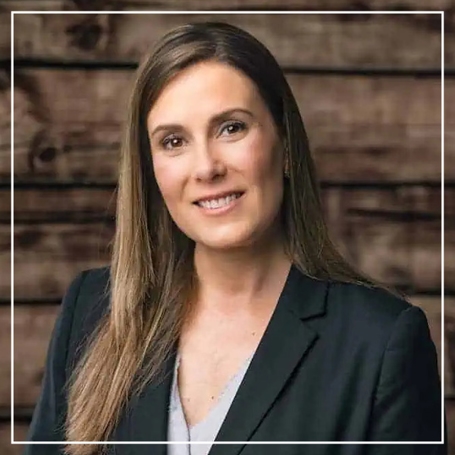



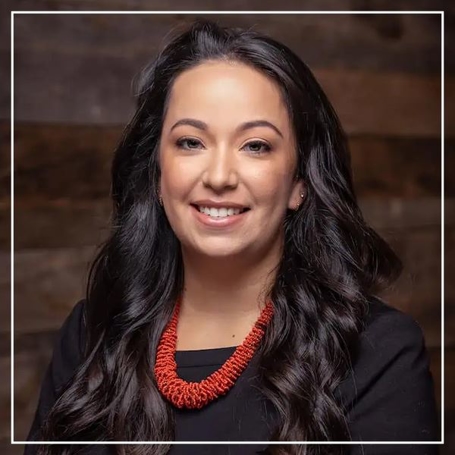

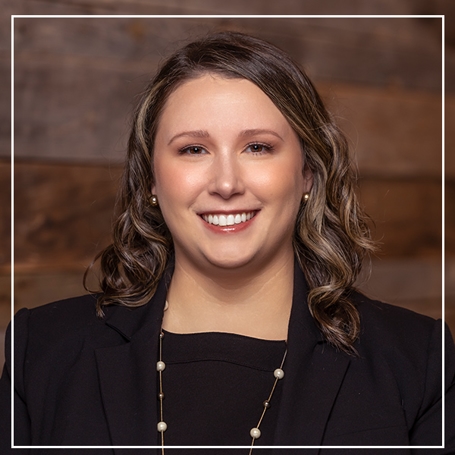


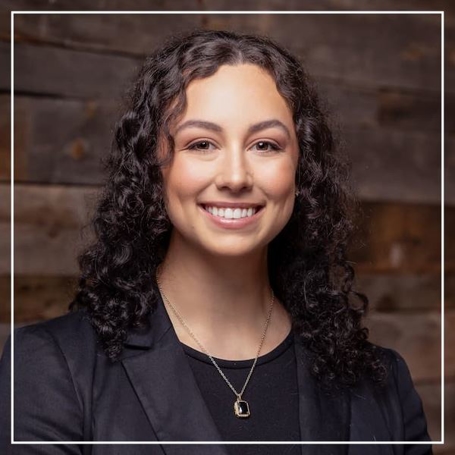


.2407050835546.jpg)



